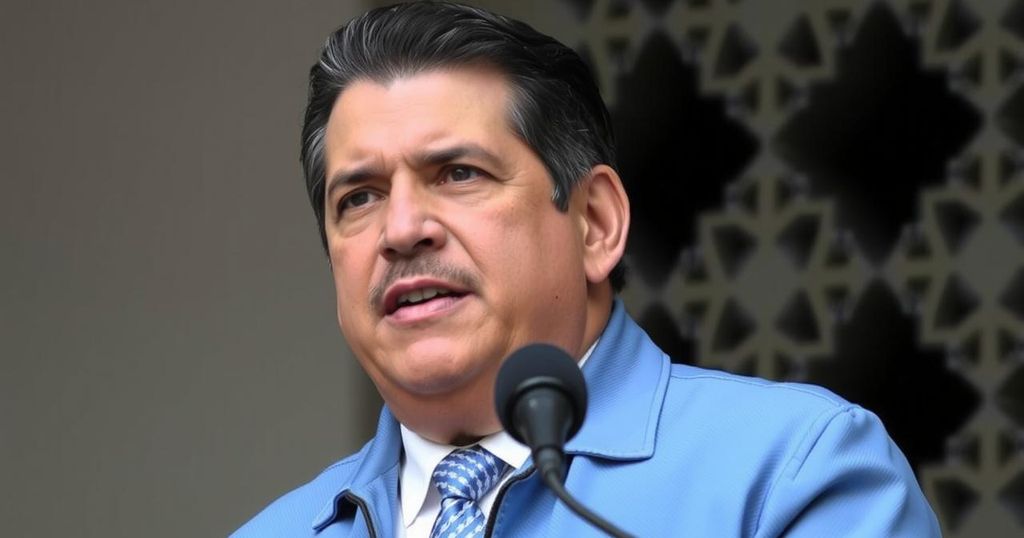Venezuela Rejects US Interference and Breaks Ties with Paraguay Amid Tensions

The Venezuelan government has rebuffed U.S. interference ahead of Maduro’s inauguration while severing diplomatic ties with Paraguay over its recognition of opposition leader Edmundo González Urrutia as “president-elect.” Amid high tensions, Maduro’s administration asserts its commitment to sovereignty and stability as it approaches the new presidential term.
On January 7, 2025, the Venezuelan government officially rejected the Biden administration’s recognition of Edmundo González Urrutia as “president-elect,” characterizing such action as outdated interference aimed at undermining the country’s sovereignty. The Foreign Ministry’s communiqué described the Biden administration as “decrepit” and criticized its attempts to elevate inconsequential political figures while dismissing the Venezuelan people’s democratic choices. Furthermore, Caracas expressed its determination to respond firmly to any actions deemed destabilizing.
In a recent White House meeting, President Biden welcomed González, emphasizing the need for a peaceful transition to democracy in Venezuela. This engagement raises concerns regarding ongoing U.S. sanctions against the Venezuelan government and military officials for alleged repression. Following this diplomatic activity, González disclosed plans to maintain close ties with the incoming Trump administration. Meanwhile, González faces legal challenges and an arrest warrant from Venezuela for alleged crimes, complicating his potential return.
Tensions escalated further when the Venezuelan government severed diplomatic relations with Paraguay after President Santiago Peña recognized González as “president-elect.” This move highlights the contentious geopolitics surrounding Venezuelan sovereignty, as evidenced by the previous recognition of Juan Guaidó, which had driven a wedge between Venezuela and Paraguay. The situation remains fraught, with escalating implications for bilateral relations in Latin America. As Maduro prepares for his upcoming inauguration, the potential for unrest looms amidst ongoing opposition protests.
The current political landscape in Venezuela is characterized by tensions between the Maduro administration and opposition figures, notably Edmundo González Urrutia, who previously ran against Maduro. The U.S. government’s involvement in Venezuelan affairs, illustrated by its bid to support opposition leaders, has been met with strong criticism from Caracas. The recognition of González as “president-elect” by the Biden administration signifies renewed attempts by Washington to influence Venezuelan politics amidst ongoing economic sanctions and a deeply divided political climate.
In summary, the Venezuelan government’s outright rejection of U.S. interference underscores its commitment to sovereignty and its opposition to external meddling, particularly in light of the contentious political climate surrounding the upcoming presidential inauguration. The diplomatic rift with Paraguay further complicates the situation, revealing the intricate and often hostile relations between Venezuela and its regional counterparts. As President Maduro prepares for his new term, the ramifications of these developments remain significant, with the potential for increased unrest and political contestation.
Original Source: venezuelanalysis.com







